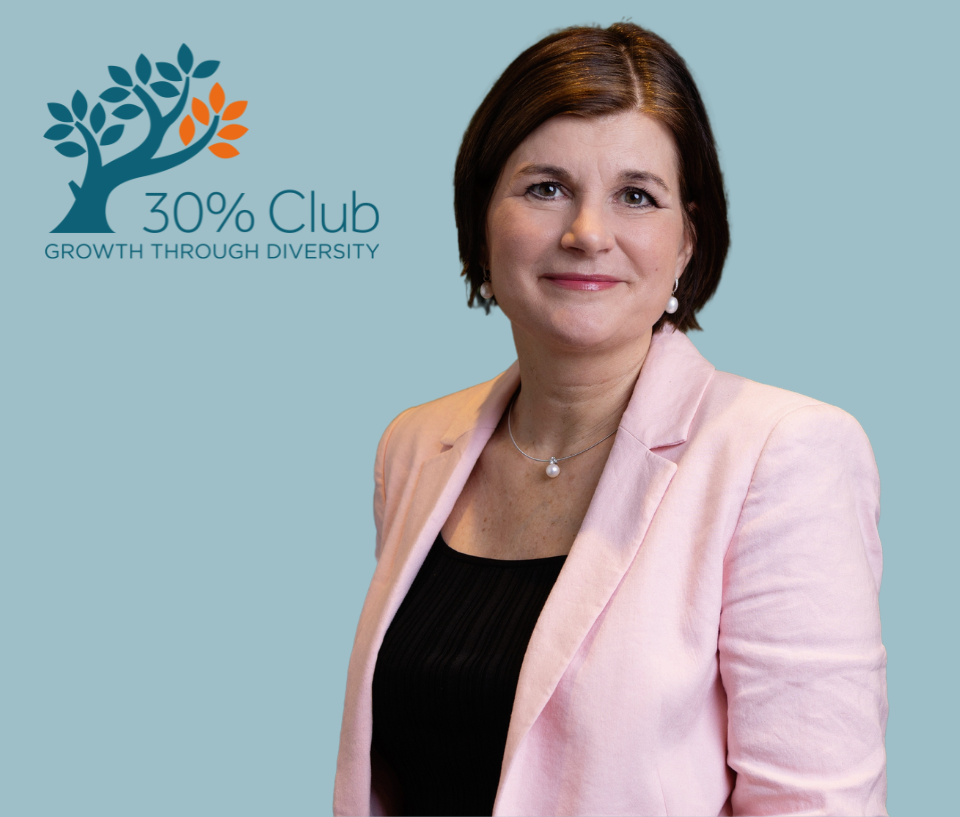
Corporate culture is often said to be defined by the worst act you allow to take place in your organisation. What is alleged to have taken place at the CBI exposes the very real human cost of failure.
As global chair of the 30% Club, a campaign that advocates for representation of women on the boards of some of the world’s biggest companies, I am deeply concerned by the failures that have engulfed the CBI. Our thoughts are with the women who have been victimised and we stand with them in solidarity.
Our fear at the 30% Club is that the failings currently under investigation are not limited to the CBI. Last year, Randstad reported that 72 per cent of women working in technology, healthcare, education and construction said they had either encountered or witnessed inappropriate behaviour from male colleagues at work. And analysis by the Scottish TUC reported that 85 per cent of women said that their reporting and experience of sexual harassment in the workplace was not taken seriously and dealt with appropriately. What is alleged to have happened at the CBI is indicative of this very issue.
A toxic workplace culture is a significant factor in the continued under-representation of women in business leadership and why gender equality can so often feel like a distant goal. We may be close to 40 per cent women on boards across the FTSE 100, but there are just nine female chief executives. We need greater representation of women at the top. Women should be taken seriously at work. Women, and quite frankly everyone, should be safe at work.
Hanneke Smits
Global Chair, The 30% Club
Where we are
The 30% Club has come a long way from when it was set up in the UK in 2010.We now span six continents and more than 20 countries. We’re actively expanding into more G20 countries


